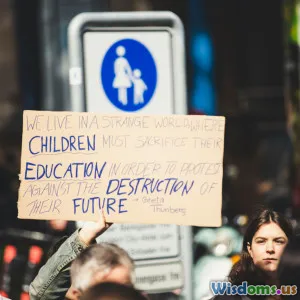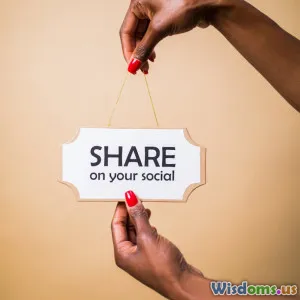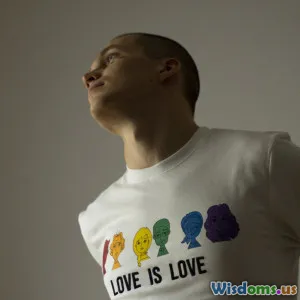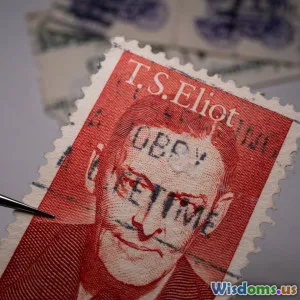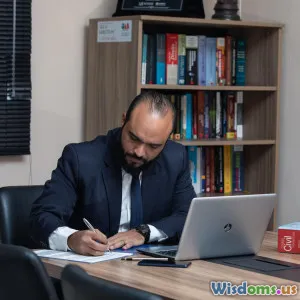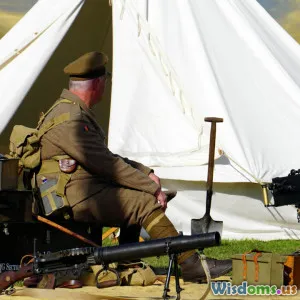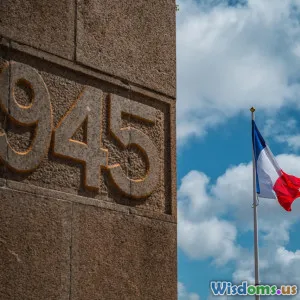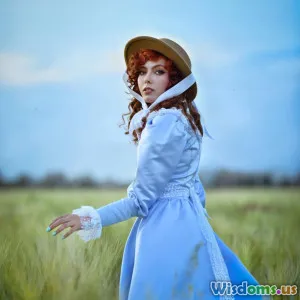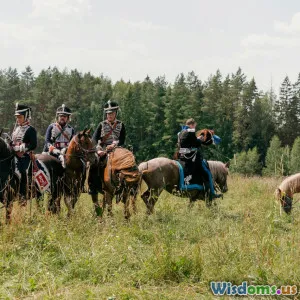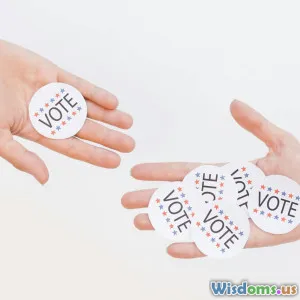
Do Secret Societies Hold Real Political Power in the 21st Century?
8 min read Explore whether secret societies wield genuine political power in today’s world and uncover their influence beyond the shadows. (0 Reviews)
Do Secret Societies Hold Real Political Power in the 21st Century?
Introduction
Secret societies have long been the subject of fascination, fear, and speculation. Tales of clandestine groups pulling strings behind world events captivate our imagination, inspiring everything from conspiracy theories to Hollywood blockbusters. But amidst the layers of myth and half-truths, a critical question remains: do these secret societies hold genuine political power in the 21st century? Or are their influences vastly overstated?
In this article, we peel back the veil of secrecy and explore the historic roots, the tangible evidence, and the modern realities of secret societies' power, examining whether their roles are substantive in shaping contemporary political landscapes.
Defining Secret Societies: Myth vs. Reality
The term “secret society” typically refers to groups whose membership, agendas, or rituals are concealed from the public. Famous examples include the Freemasons, the Illuminati (in various forms), the Skull and Bones society, and others.
Not all secret societies alike. Some are social fraternities, some are fraternal organizations with hidden rituals, and a few have political aims. Misconceptions arise largely because secrecy invites suspicion.
Why do these groups attract political intrigue? Historically, secret societies often formed when open dissent was dangerous—acting as hubs for political, social, or philosophical movements. Over time, myths have grown, often conflating benign organizational goals with conspiracy.
Historical Precedents of Secret Societies With Political Clout
To understand their modern influence, it’s crucial to analyze historical instances where secret societies indeed wielded real power.
The Freemasons
Established in the early 18th century, Freemasonry combined social networking with philosophical ideals. Many influential figures, including some American founding fathers like George Washington and Benjamin Franklin, were members.
Though Freemasonry itself stresses moral and spiritual codes rather than explicit political control, its members held powerful positions, which naturally led to influence within governments.
The Illuminati
Founded in 1776 in Bavaria, the original Illuminati aimed to promote Enlightenment ideals and oppose religious and political oppression. Although it was suppressed within a decade, modern mythology stretches their influence to alleged conspiracies controlling world politics—a claim unsupported by credible historical evidence.
Secret Societies in the 21st Century Political Arena
Real Influence or Conspiracy? Evidence and Examples
The question remains: do secret societies exert direct political power today? Here's what evidence suggests.
-
Social Networks Rather Than Political Machinery: Many contemporary secret societies function as elite social clubs, fostering connections among influential individuals. For example, Yale’s Skull and Bones society claims many U.S. presidents and politicians as alumni.
-
No Public Proof of Coordinated Lobbies: There is no credible, verifiable evidence that these societies orchestrate coordinated political activities to directly influence national or global policies. What exists instead is anecdotal evidence of members’ personal networks affecting policy indirectly.
-
Corporate and Financial Spheres: Some researchers argue that secretive groups, or exclusive clubs with opaque membership, influence industries and finance sectors critical to political decisions. For example, the Bilderberg Group, while not technically a secret society, holds exclusive annual meetings attended by politicians and financiers, sparking speculation around its influence.
-
The Role of ‘Open Secrets’: Secrecy varies—while internal rituals may remain concealed, many societies list members or have semi-public profiles. This transparency militates against the notion of all-encompassing conspiracies.
Insights from Experts
Dr. Cathy Gere, a historian of secret societies, notes, "Secret societies often serve as networking circles more than political cartels. The real power, if any, comes from the individual participants' positions rather than the group’s coordination."
Similarly, investigative journalist David Aaronovitch states, "The idea that secret societies control politics is more folklore than fact. Politics is messy, public, and driven by a far wider set of players than any cabal."
Modern Mechanisms of Influence: Networks, Not Shadows
In today's interconnected political environment, power tends to be more visible and complex than through secret orders.
-
Lobbying and Transparency: Modern democratic systems have lobbying laws and transparency requirements making overt covert political manipulation less sustainable.
-
Digital Exposure: The advent of the internet and social media reduces secrecy. Whistleblowers and investigative media can uncover hidden agendas rapidly.
-
Diaspora of Power: Governments are shaped by numerous forces—political parties, interest groups, voters, multinational corporations—making the concentration of influence in secret groups unlikely.
Yet, informal elite networks, some originating from societies, still affect policymaking subtly through shared ideologies and relationships.
Conclusion: Decoding the Truth Behind the Myths
Secret societies captivate the imagination, but the evidence suggests they do not hold direct or monolithic political power in the 21st century. Instead, they function more as elite social networks fostering influence through personal relationships than running a hidden political empire.
Claims of all-powerful secret cabals underestimate the complexities of modern politics and democratic transparencies. Rather than shadowy puppet masters, secret societies today offer members opportunities for intellectual bonding, philanthropy, and elite networking.
Understanding this distinction empowers us to critically evaluate sensationalist claims and focus on addressing visible mechanisms of political influence. After all, the real power often lies not in secrecy, but in the transparent dynamics of governance and civic engagement.
References:
- Waxman, Sharon. Inside the Brotherhood: Further Secrets of the Freemasons. PublicAffairs, 2009.
- Aaronovitch, David. "The Power of Secret Societies?" The Guardian, 2014.
- Gere, Cathy. Hidden Orders: The Role of Secret Societies in History. Oxford University Press, 2018.
- Bilderberg Meetings Official Website. 2023.
Author's Note: For readers intrigued by historic and modern-day networks of influence, examining verified information rather than succumbing to unsubstantiated conspiracies is essential for an informed perspective on political power structures.
Rate the Post
User Reviews
Popular Posts










